#captain yonoi
Text

thanks guys! close ups below cut

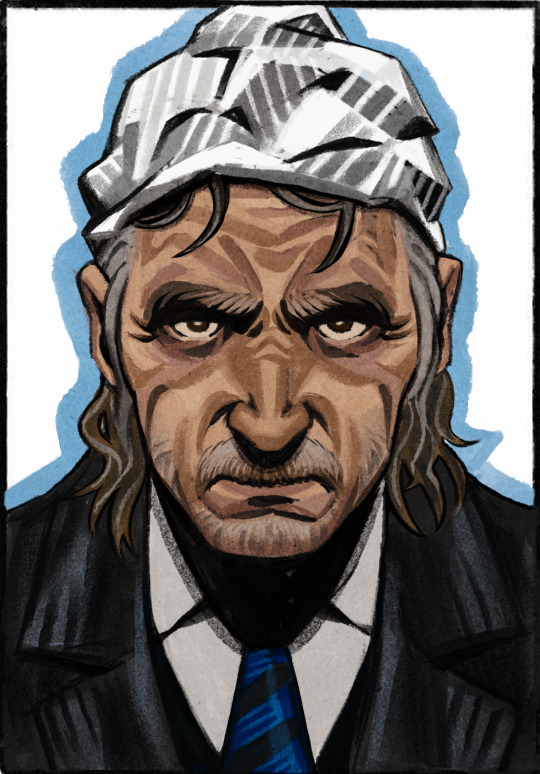
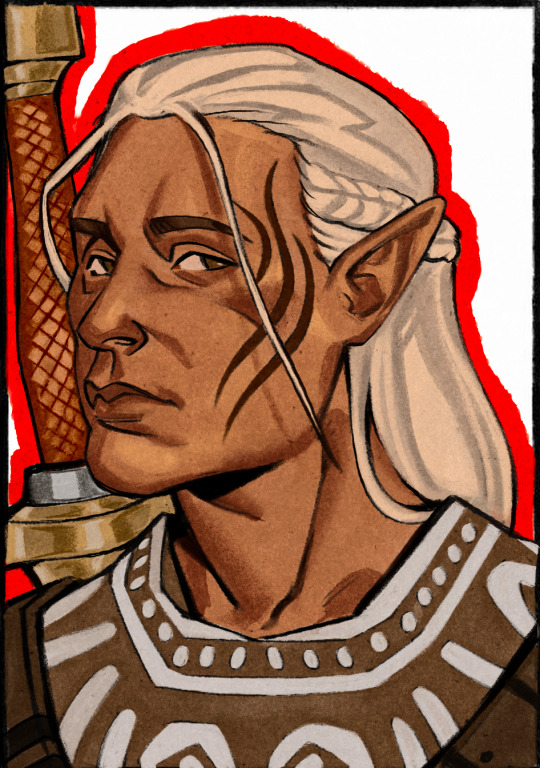

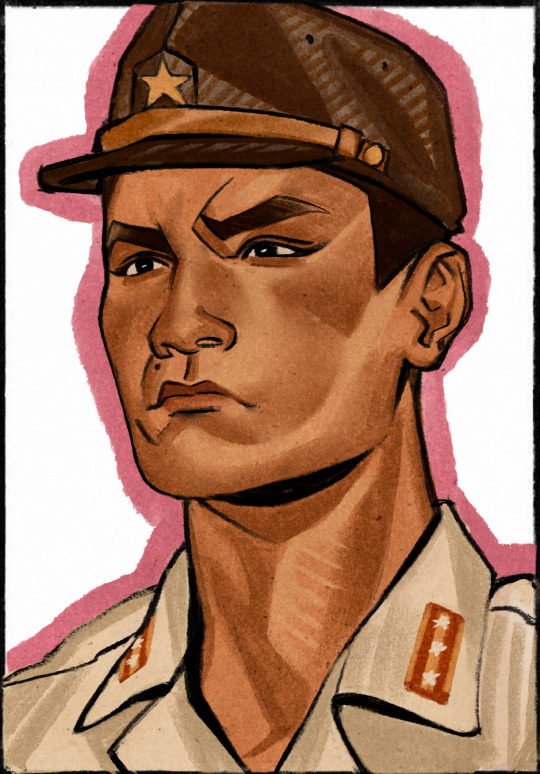

#fuck.. here we go#fnv#sunny smiles#anthony house#dragon age#zevran arainai#hadvar#skyrim#captain yonoi#vtmb#nines rodriguez#my art#fun exercise to try and make all their features distinct from one another.. not today same face syndrome
119 notes
·
View notes
Text
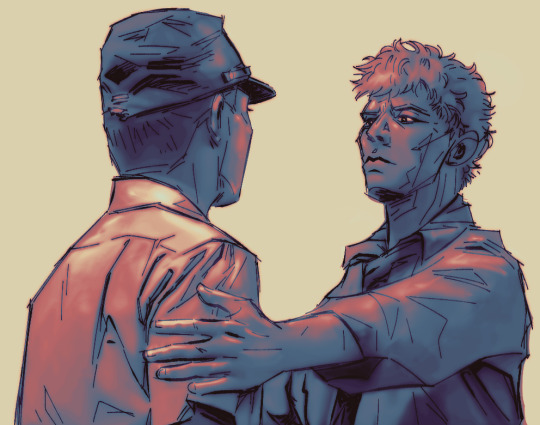
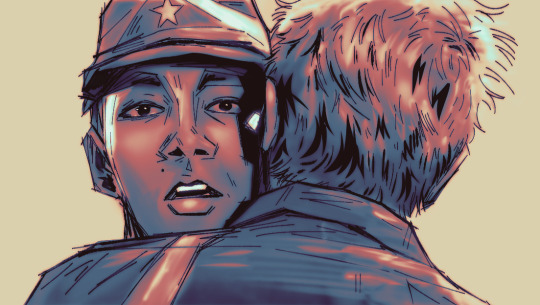
go back
#merry christmas mr. lawrence#mcml#my art#these were studies but drawing them was so hard man#captain yonoi#jack celliers
137 notes
·
View notes
Text
ummmmmmm hello yes i’d like a i love this movie so much i’ll combust please
the book and film haunt me…
#merry christmas mr. lawrence#merry christmas mr lawrence#furyo#captain yonoi#jack celliers#forbidden colors#gay subtext#oh i love it and i hate it at the same time#daylight#prisoner of war#1980s cinema#1980s movies#1983 film#you and i drink the poison from the same vine#david bowie#ryuichi sakamoto
85 notes
·
View notes
Text
long time no see


🌺😈🌺
#david bowie#mcml#merry christmas mr lawrence#ryuichi sakamoto#captain yonoi#fanart#major celliers#mmart#myart
29 notes
·
View notes
Text


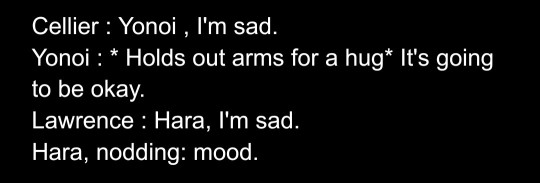

I must post these incorrect quotes of merry Christmas mr lawrence.
#merry christmas mr. lawrence#mcml#incorrect quotes#jack celliers#John Lawrence#Captain Yonoi#Sgt Hara#I love these quotes
17 notes
·
View notes
Text
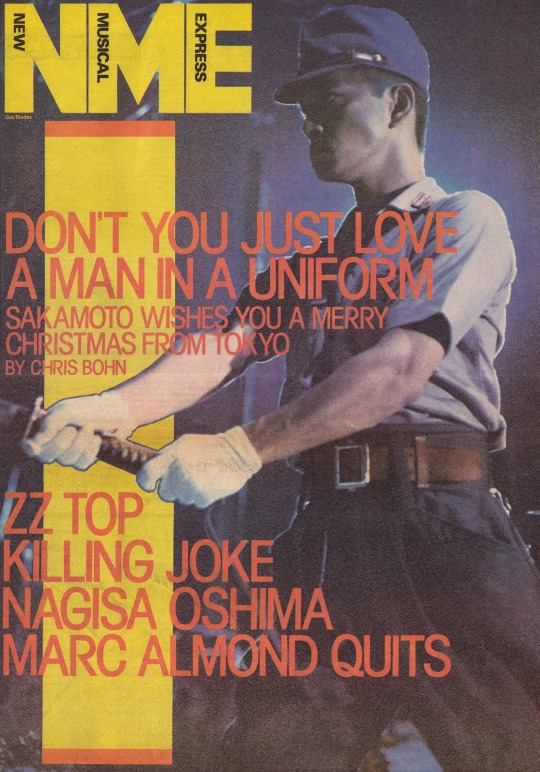
ryuichi sakamoto as captain yonoi on the front cover of NME (august 20th, 1983) !!
scanned from my personal collection
#nme#new musical express#merry christmas mr. lawrence#mcml#戦場のメリークリスマス#ryuichi sakamoto#坂本龍一#nagisa oshima#大島渚#1980s#my scans
194 notes
·
View notes
Text
David Bowie and Ryuichi Sakamoto in “Merry Christmas Mr. Lawrence” (1983).
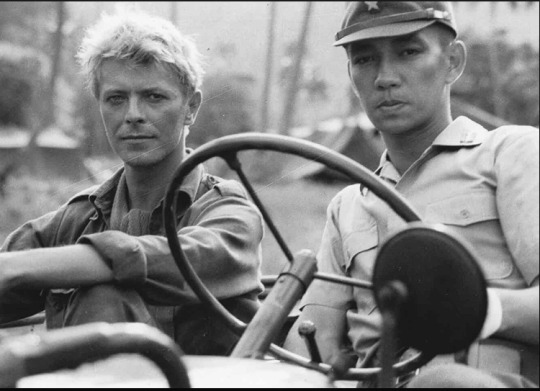
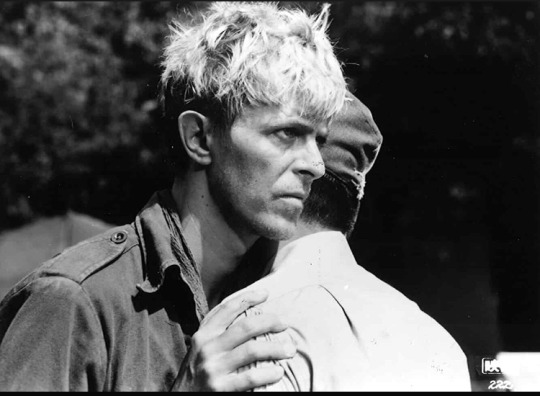
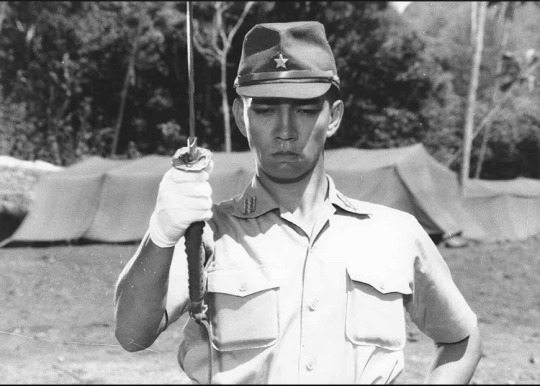

Ryuichi Sakamoto not only acted in the movie, but he also composed the film's musical score.
In "Merry Christmas Mr. Lawrence," David Bowie played the character of Major Jack 'Strafer' Celliers, a British prisoner of war held in a Japanese prison camp during World War II. Celliers is a rebellious and charismatic figure who challenges the authority of the camp commandant, Captain Yonoi, played by Ryuichi Sakamoto. Despite their opposing positions, Celliers and Yonoi develop a complex relationship throughout the course of the film, with Yonoi showing a mixture of admiration and frustration towards Celliers' rebellious nature.
33 notes
·
View notes
Photo

The musician Ryuichi Sakamoto, who has died aged 71 of cancer, spent his life as a restless traveller, both personally and musically. “I was born in Japan but I don’t think I’m Japanese,” he said in 1988, two years before he moved to New York. “To be a stranger – I like that attitude. I don’t like nationalities and borders.”
A founder member of Tokyo’s pioneering computer-pop trio Yellow Magic Orchestra, whose work between 1978 and 1984 has proved a lasting influence on hip-hop and electronica, Sakamoto was able to combine his skills as an academically trained musician with an aptitude for electronic music and an ear for countless musical styles. He sustained a lengthy partnership with the British musician David Sylvian after first working with his band Japan on the track Taking Islands in Africa from the album Gentlemen Take Polaroids (1980), following which the duo collaborated on the double A-side Bamboo Houses/Bamboo Music (1982).
In 1983, Sakamoto achieved a peak of commercial visibility by not only writing the soundtrack for Nagisa Oshima’s film Merry Christmas, Mr Lawrence, but also co-starring in it (as Captain Yonoi) with David Bowie. The soundtrack, which won him a Bafta for best film music, contained the Sakamoto/Sylvian composition Forbidden Colours, a vocal version of the film’s main theme, which was a Top 20 hit in Britain.
Soundtrack work became one of the main planks of Sakamoto’s career. He won an Academy Award (along with his fellow composers David Byrne and Cong Su) for his soundtrack to Bernardo Bertolucci’s The Last Emperor (1987), in which he also had an acting role, and worked with the director again on The Sheltering Sky (1990) and Little Buddha (1993).
Sakamoto scored the 1990 film version of The Handmaid’s Tale, Pedro Almodóvar’s Tacones Lejanos (High Heels, 1991), and Brian De Palma’s Snake Eyes (1998) and Femme Fatale (2002). Oliver Stone hired him for the soundtrack to his TV series Wild Palms (1993). Alejandro González Iñárritu used some existing Sakamoto recordings in his 2006 film Babel, then recruited him to write the score for his multiple Oscar-winner The Revenant (2015). For the opening of the 1992 Barcelona Olympics he provided El Mar Mediterrani.
Sakamoto released solo albums regularly between 1978 and 2017, many of them reaching the Top 30 in Japan but not registering on charts elsewhere, as well as six live albums and a string of compilations. However, Sakamoto’s subtle, exploratory music earned him a charismatic reputation that drew international guest stars to his projects.
On B-2 Unit (1980), he collaborated closely with Andy Partridge from XTC, and the electrofunk track Riot in Lagos proved inspirational for the likes of Mantronix and Afrikaa Bambaataa. Thomas Dolby featured on the pulsating Field Work from Illustrated Musical Encyclopedia (1986), the track accompanied by an ingeniously conceived video, while for Neo Geo (1987) Sakamoto enlisted Iggy Pop, Bill Laswell, Bootsy Collins and Sly Dunbar.
Brian Wilson and Robbie Robertson appeared on Beauty (1989), an album that spanned rock, technopop, flamenco and classical Japanese music. Heartbeat (1991), on which Sakamoto tried rap, funk and jazz, and lyrics in French, Japanese and Russian, numbered Youssou N’Dour, Arto Lindsay, Bill Frisell, Sylvian and John Cage among its contributors. In 1993, Sakamoto co-produced Aztec Camera’s album Dreamland.
Born in Tokyo, Ryuichi was the only child of Keiko (nee Shimomura), a hat designer, and Kazuki Sakomoto, a literary editor. While attending the same progressive primary school that once taught Yoko Ono, he was already writing music for the piano with their encouragement.
The American presence in postwar Japan introduced new western influences to the country, and Sakamoto was enraptured by the Beatles and the Rolling Stones. He attended Tokyo’s University of the Arts to study music composition, and felt a strong affinity for the compositions of Claude Debussy, in which he discerned an Asian influence. However, in addition he soaked up the work of contemporary composers such as Cage, Pierre Boulez, Györgi Ligeti and Stockhausen, as well as jazz musicians including John Coltrane and Ornette Coleman.
His early compositions were in an avant-garde vein, while he also performed with free jazz bands and played keyboards with the folk singer Masato Tomobe. He graduated with BA and MA degrees, having studied classical and assorted world and ethnic music, and taken his first steps in electronic music by working with Moog and ARP synthesizers.
He formed Yellow Magic Orchestra in 1978 with Haruomi “Harry” Hosono and Yukihiro Takahashi, whom he had met when they worked together as session musicians. Combining electropop with stylish graphics and costume design, the trio brought wit and warmth to the use of electronics, which contrasted with the studied alienation of European counterparts such as Kraftwerk or Gary Numan.
YMO released eight studio albums during their original lifespan, all of them climbing high in the Japanese charts, and three of them reaching No 1. The group inspired Beatlemania-like hysteria in their homeland. “We were very big, that’s why I hated it,” Sakamoto said. “We were always followed by paparazzi.”
YMO’s albums made little chart impact outside Japan, but their influence was nonetheless widely felt, not least in their innovative use of electronic sequencers, drum machines and sampling. Firecracker, from their 1978 debut album, was itself sampled in Afrika Bambaataa’s Death Mix. In 1980 they had a Top 20 hit in the UK with Computer Game (Theme from the Invaders), which chimed with the craze for the Space Invaders game. Behind the Mask, first conceived for a Seiko wristwatch commercial and then included on their album Solid State Survivor (1979), became a Top 20 UK hit for Eric Clapton; a version by Michael Jackson appeared on the posthumous album Michael (2010).
YMO paused their activities in 1984, though the trio continued to collaborate on each other’s solo work, and they reformed to make the album Technodon (1993). They subsequently reunited several times for recording and live performances, their last shows being for the No Nukes 2012 festival in Chiba, Japan, and the 2012 World Happiness festival in Tokyo.
In his teens in the late 1960s, Sakamoto had been a hippy with leftwing political beliefs – “not 100% Marxist, but kind of” – but he gradually became disillusioned with the failure of political movements to effect significant change. He decided that his music was not the place for social or political messages, observing that “I’ve changed from an avant-garde person to a pop person,” though he would subsequently support causes he felt strongly about.
He campaigned for changes to music copyright law, which he considered outmoded in the internet era, and founded Commmons, a collaborative platform to assist aspiring musicians. He formed a group of musicians called NML (No More Landmines), which featured Brian Eno, Sylvian, Kraftwerk and the other members of YMO, and in 2001 they released the single Zero Landmine.
In 2006 he launched the Stop Rokkasho movement by releasing the track Rokkasho (by a group of musicians dubbed Team 6), in protest at the building of Japan’s Rokkasho nuclear fuel reprocessing plant, and he campaigned to have the Hamaoka nuclear plant shut down to avoid a repeat of the 2011 tsunami disaster at the Fukushima facility. He and Byrne teamed up to record the single Psychedelic Afternoon to aid tsunami survivors.
His solo work continued to explore a huge variety of styles. In 1982 he had ventured into medieval and Renaissance music on the album The End of Asia, a collaboration with the Japanese early music group Danceries. Smoochy (1995) was a detour into easy listening, while Discord (1998) comprised an hour-long orchestral composition.
The album 1996 was a selection of Sakamoto pieces arranged for piano trio featuring the Brazilian cellist Jaques Morelenbaum, and Sakomoto reunited with him and his wife, Paula, a singer, for two albums in celebration of the bossa nova composer Antônio Carlos Jobim, Casa (2001) and A Day in New York (2003). In 1999, his multimedia opera, Life, was performed in Tokyo and Osaka.
Meanwhile, he struck up a fruitful collaboration with Alva Noto (a pseudonym of Carston Nicolai), which resulted in a string of electronica albums including Vrioon (2002) and Insen (2005), culminating in Glass (2018). With the Austrian guitarist and composer Christian Fennesz he recorded Sala Santa Cecilia (2005), Cendre (2007) and Flumina (2011).
In 2014 he was diagnosed with throat cancer, but by the following year was feeling “much much better”. His recovery from illness inspired the creation of his last solo album, Async, hailed as one of 2017’s finest forays into experimental electronica. Its making was documented by Stephen Nomura Schible in the film Coda (2018).
His final album, 12, was recorded during hospital stays in 2021 and 2022, and released in January. In December, he livestreamed a solo piano concert from Tokyo.
Sakamoto was first married to Natsuko, then to the musician Akiko Yano; both marriages ended in divorce. He is survived by his third wife and manager, Norika Sora, and their two children; and a daughter from his first marriage and another daughter from his second.
🔔 Ryuichi Sakamoto, composer, musician and producer, born 17 January 1952; died 28 March 2023
Daily inspiration. Discover more photos at http://justforbooks.tumblr.com
36 notes
·
View notes
Text
Recently Viewed: Merry Christmas, Mr. Lawrence
[The following review contains SPOILERS; YOU HAVE BEEN WARNED!]
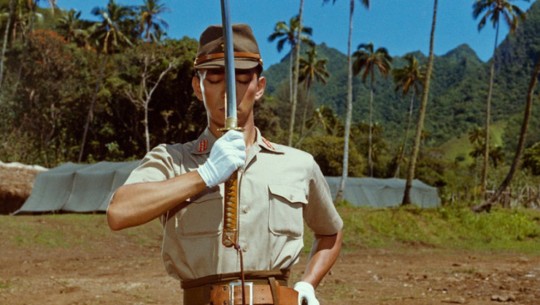
What is “bravery?” Is it dying for one’s cause without hesitation, even if the sacrifice is ultimately fruitless? Or is it surviving by any means necessary, using wit and cunning to carry on the fight another day? This is the central theme of Nagisa Oshima’s Merry Christmas, Mr. Lawrence, a World War II drama that explores the conflict between the Imperial Japanese officers occupying the island of Java and the Allied POWs under their supervision.
As far as the tyrannical Captain Yonoi (Ryuichi Sakamoto, pulling double duty as the movie’s star and composer) is concerned, the foreign soldiers in his charge are subhuman wretches, inherently unworthy of respect—that they allowed themselves to be captured is irrefutable evidence of their dishonor. Yet these “cowards” consistently refuse to be intimidated, enduring starvation, solitary confinement, grueling interrogation, and unimaginable torture in order to protect their comrades from accusations of espionage and subterfuge.
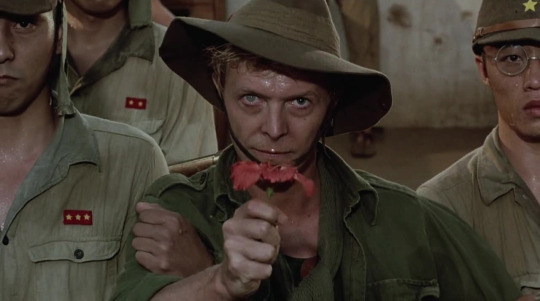
Major Jack Celliers (a positively angelic David Bowie)—who surrendered to enemy forces only after they threatened to slaughter innocent natives—is particularly vexing in this regard. His arrival throws the camp into utter disarray, his audacious insubordination and stoic defiance inspiring small acts of disobedience and rebellion among the ranks. When the men are denied food for some minor infraction, for example, he smuggles rations into the barracks; when the guards retaliate by raiding the medical tent, he encourages the patients to sing as loudly as possible, their voices drowning out the barked orders to submit to inspection.
Perhaps this selflessness is what attracts the deeply closeted Yonoi to Celliers. The major’s unwavering loyalty appeals to the captain, who secretly sees himself as a disgrace to the Bushido code for his failure to die alongside his fellow radicals during the thwarted 1936 uprising; this irresistible admiration, which directly contradicts his prejudices, consequently manifests as infatuation, obsession, and insatiable carnal desire—with tragic repercussions.
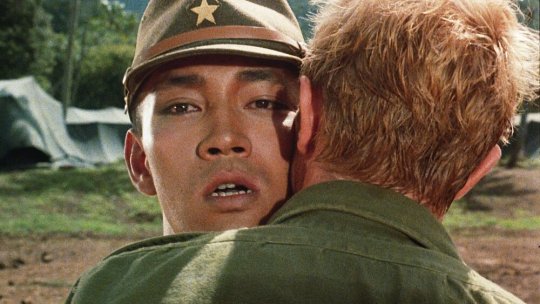
Beyond the obvious and frequently discussed queer reading of its narrative (which is, to be clear, a totally valid/inevitable interpretation of the material), Merry Christmas, Mr. Lawrence is ultimately about challenging the characters’ inflexible preconceptions. To quote the eponymous Colonel Lawrence, who serves as a mediator between the two opposing sides (albeit with limited success):
You are the victim of men who think they are right. Just as one day you and Captain Yonoi believed absolutely that you were right. And the truth is of course that nobody is right.
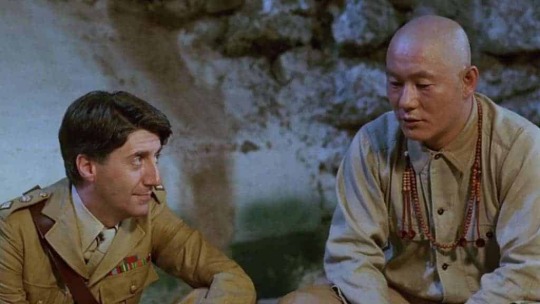
Indeed, both the Japanese and Westerners seem to consider “guilt” to be a relative and irrelevant term. Yonoi, for instance, is quite forthright about his policy of punishing arbitrarily-selected scapegoats as a warning to future saboteurs; the victorious Allies, meanwhile, are likewise perfectly content to incarcerate and execute only the lowest ranking military personnel for atrocities committed on the battlefield, all but pardoning their equally culpable superiors.
Such is the senseless nature of war, violence, and power.
#Merry Christmas Mr. Lawrence#Nagisa Oshima#Ryuichi Sakamoto#Takeshi Kitano#Beat Takeshi#Japanese film#Japanese cinema#Criterion Channel#Criterion Collection#Criterion#film#writing#movie review
9 notes
·
View notes
Text

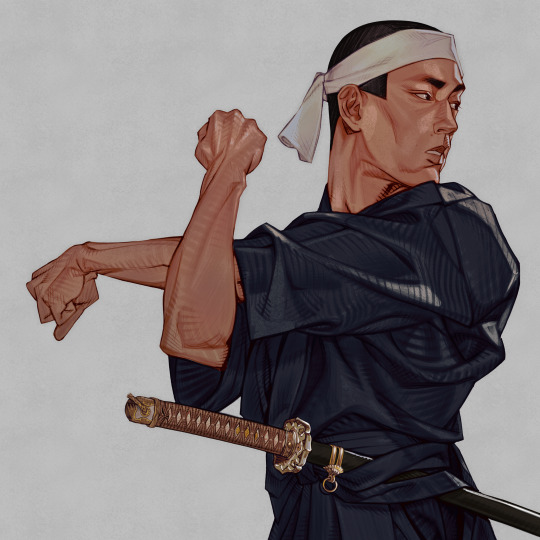
yonooiiii... close up of the shin gunto below cut, I put too much effort into it

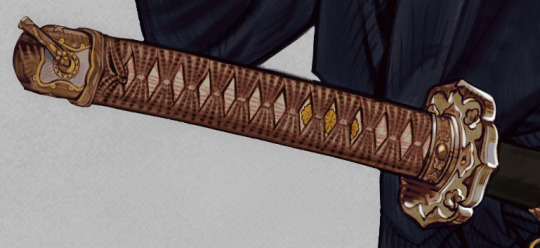
141 notes
·
View notes
Text




ID: a set of 4 images in 2 pairs. each has one image of the listed merry christmas mr lawrence character, with a white outline in front of their corresponding flags, and a second image which is a blank flag splice. END ID
Major Celliers from Merry Christmas, Mr Lawrence is a quoiromantic graysexual bi trans man who has NPD and BPD!
Captain Yonoi is a gay demiboy twink who has OCD!
For anon!
1 note
·
View note
Text
enjoy a mcml edit because this film utterly ruined me
#mcml#merry christmas mr lawrence#merry christmas mr. lawrence#the seed and the sower#ryuichi sakamoto#david bowie#forbidden colors#film#1983 film#1983#forbidden colours#merry christmas mr lawrence edit#major jack celliers#captain yonoi#yonoi#celliers#jack celliers#this film ruined me.#i love it sm.
50 notes
·
View notes
Text

Ryuichi Sakamoto with David Bowie as Captain Yonoi and Major Celliers, in "Merry Christmas Mr. Lawrence" (1983).
Unforgettable feelings:
youtube
Yonoi of the White Gloves and 'Strafer' Jack Celliers live forever in several worthy fanfictions. Here's the one which will stay with me as the best:
However...

For these two, the war is over, and I have a good feeling about it.
#ryuichi sakamoto (1952-2023)#merry christmas mr. lawrence#immortal song and perfect stories to cry to that came with it#Youtube
12 notes
·
View notes
Text
here's the songlist for my Merry Christmas Mr Lawrence musical
"Cup of Java" -sung by Lawrence as he explains the circumstances of the camp, kind of a perky opening song but also tinged with a hint of misery as Hara occassionally comes on stage and hits him with a big stick whenever his key is off
"Put My Heart On Trial" -Celliers courtroom scene duet with Yonoi as they see each other for the first time and there's tension in the air
"At Night It Gets Weird" -Short comedic Hara song where him and Lawrence sneak around wondering what the fuck is going on between Yonoi and Celliers
"Glowers n' Flowers//Evil Spirit" Another duet song. A parade of red flowers are trooped out and the stage is lit demonically. Yonoi is dressed as a cold angel, Celliers a beautiful devil
"Stooped Child" -Celliers singing about his brother and his past, long and slow, real tearjerker. In a dingey cell.
"SANTA!" -Hara Christmas song to lighten the mood a little. Bit of whiplash for the audience as he is dressed as Santa and Lawrence starts gyrating and doing a strange, grateful feverish lapdance
"Oxford Brogues" -Homophobic/Patriotic English song sung by Group Captain Hicklsey. Involves a lot of umbrellas and has the backdrop of Big Ben
"My Heart Wears Forbidden Colours" - the one you've all been waiting for. The song. The ONE. The Les Mis to the rables
"Love's A War Crime" -Hara and Lawrence saying their goodbyes
17 notes
·
View notes
Text


It Might As Well Be Spring
"Beauty is something that burns the hand when you touch it." — Yukio Mishima, Forbidden Colors
In 1942, the ongoing war between the Axis and the Allied powers continues to escalate to a point of no return and no regret.
The young Captain Suguru Geto is the commander of a camp for prisoners of war on the Japanese-occupied Island of Java in Indonesia. He is known across the company as a straightforward and capable leader with a strong sense of duty and responsibility— very much so that his core is visibly shaken following his encounter with the defiant and beguiling foreign Officer Satoru Gojo, who surrendered to the Japanese Army in exchange for the safety of the hamlet that nursed him back to health.
Something about the foreigner's grim yet whimsical nature piques his interest— almost like he was looking into a mirror— but even prisoners of war have principles to uphold.
"I'll go walking in circles
While doubting the very ground beneath me
Trying to show unquestioning faith in everything
Here am I, a lifetime away from you—"

This is a brainworm prompt I may or may not continue writing. I watched Merry Christmas Mr Lawrence earlier this year and it still has me in such a strong chokehold, even more when I think about tragic lovers stsg. 🙃 Straight-laced Geto (Yonoi) + whimsical Gojo (Celliers)— Geto doing everything he can to keep the foreign prisoner safe? Gojo being called an evil spirit just for being his li'l charming self? I think Nanami would be a good Lawrence. 🥺 It's a lovely piece of media I so highly recommend and the soundtrack is just as gorgeous. 💛
Please, if anyone wants to pick this up from me, I'd be so happy to hand it over. 😭🤍🖤
#songsofadelaidewrites💛#mari's prompts 🎠#jujutsu kaisen#jjk#satosugu#stsg#stsg brainrot#merry christmas mr lawrence#fic prompt#otp prompts#i love them sm
6 notes
·
View notes
Text
Me : *hears that one track from Merry Christmas Mr Lawrence when Celliers absolutely destroys Yonoi’s resolve with a single kiss*
Me : Haikaveh AU where Kaveh is Jack Celliers and Alhaitham is the captain Yonoi
(You may use the prompt but I will write this so do as you wish)
#track is called sowing the seed btw#absolute banger#if you haven’t watched the movie it’s a masterpiece#it’s called furyo too#haikaveh#kaveh#alhaitham#ao3 writer#ao3 fanfic#genshin impact#genshin kaveh#writing prompt#fanfic prompt
6 notes
·
View notes